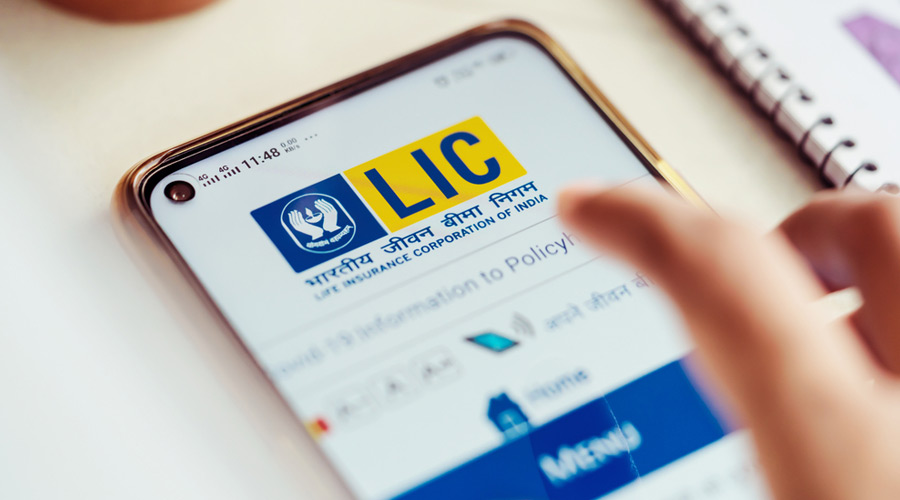The insurance regulator has apparently revived its plan to allow life insurance companies to offer health insurance indemnity products.
If the approval from the Insurance Regulatory and Development Authority of India (IRDAI) finally comes through, it will benefit players like LIC which has seen its reputation in shreds after its Rs 21,000 crore IPO tanked on listing earlier this month.
Currently, life insurers are allowed to only sell fixed benefit health plans to customers. In these policies, the insurance company pays a fixed amount, which is the sum insured after a claim.
In the case of indemnity products, popularly named Mediclaim plans, the medical expenses borne by the policyholder during hospitalisation is reimbursed by the insurer.
Back in 2016, the insurance regulator barred life insurance firms from offering indemnity-based health products either to individuals or as a group policy. However, after receiving representations from the industry, IRDAI formed a committee to look into the feasibility of offering such policies again.
Reports now suggest that the IRDAI may allow life insurers to offer indemnity products. Incidentally, these products constitute a significant chunk of the health insurance market.
The life insurers are agog over the IRDAI move and industry mavens say that they will be able to offer these products in all parts of the country because of their strong distribution network .
However, some analysts remain a little sceptical about the benefits that will flow to the life insurance companies from the relaxation in the rules, especially at a time when standalone health insurers (SAHI) have enhanced their presence in the segment.
According to a report from Kotak Institutional Equities, retail health insurance is a challenging segment with high product complexity necessitating assisted sales.
It added that SAHI players with specialised focus on retail health are gaining high traction even as multi-line private non-life players have preferred to stick to the group health business.
“We believe that sales engagement required for retail health will likely remain high and this segment may remain dominated by SAHI players in the medium term.
Several non-life companies such as Bajaj Allianz and ICICI Lombard have decided to step up in the retail segment; however, this business is highly granular with a high gestation period,” its analysts added.
The brokerage further said that retail health insurance accounted for 45 per cent of total health insurance premium in 2020-21 whereas group health was marginally higher at 48 per cent. Government business accounts for the rest.
The group insurance business is generally a wholesale one-year product with lower operating expenses. As a result, this is an extremely competitive space characterised by lower margins. On the other hand, the retail business is a very granular, operations-intensive business.
“Health policies have multiple covenants and are not easily comparable. Further, claims frequency is higher than life policies. Retail health hence requires high sales engagement and servicing.
As a consequence, retail agents with high servicing capability dominate total retail health business (34 per cent of total sales in 2020-21),” the analysts said.
Watsa plans
India’s Digit Insurance, backed by Canadian billionaire Prem Watsa’s Fairfax Group, is considering raising about $500 million in an initial public offer at a valuation of $4.5 billion to $5 billion, three people aware of the matter told Reuters.
Founded in 2017, Digit is trying to capitalise on India’s under-penetrated general insurance market along with users' need for a better customer experience like easier claim settlements, though IPOs in the country have not done well in the past few months.
(With inputs from Reuters)

